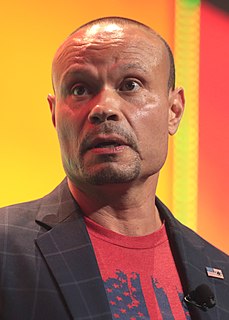A Quote by McKenzie Wark
What makes globalization even possible in the first place? One answer would be that it requires the regularization of some kind of media and communication infrastructure. When you have that, you might get globalized economic trade within some political or imperial framework, but it is likely you'll get transnational cultural flows as well. Globalizing trade can lead to a cosmopolitan culture, but also to all sorts of nationalistic or racist or patriarchal reactions to those as breaches of imaginary communities.
Quote Topics
Also
Answer
Communication
Communities
Cosmopolitan
Cultural
Culture
Economic
Even
First
First Place
Flows
Framework
Get
Globalization
Imaginary
Imperial
Infrastructure
Kind
Lead
Likely
Makes
Media
Might
Nationalistic
Patriarchal
Place
Political
Possible
Racist
Reactions
Requires
Some
Those
Trade
Transnational
Well
Within
Would
Would Be
Related Quotes
The single most significant change has been the globalization of labor markets. Product markets - trade in goods - have been globalizing for years. But now, with the reduction in communication expenses and the building of all sorts of IT infrastructure, essentially any job can be done almost anywhere.
The fact is that during the post-1989 heyday of globalization optimism, political and business elites did not think enough about the prospect - plainly predicted in economic theory - that trade would harm some people even while leaving society as a whole better off. The result was overpromised benefits and inadequate adjustment plans.
To some, a cap-and-trade system might sound like a neat approach where the market sorts everything out. But in fact, in some ways it is worse than a tax. With a tax, the costs are obvious. With a cap-and-trade system, the costs are hidden and shifted around. For that reason, many politicians tend to like it. But that is dangerous.
Social media is a way to make communication easier. Obviously some people misunderstand it, some people take it personally, and some people are in a constant fight to grow their engagement. They even become obsessed. They feel like they need to be popular on social media. The most important thing is: You've got to be secure in yourself. In order to have influence on other people, you've got to know who you are, first of all. The reason I get happy when I get more engagement is because that means I did something right in terms of my audience enjoying my content.
When you see a struggle that you may be having personally put on a big screen and in a roomful of people, then it makes you feel less crazy or alone, because you're seeing that other people are dealing with it too. You get to see in this imaginary scenario how people might try and answer some questions or deal with some problems.
We spoke about economic sanctions only recently in Lima, within the framework of APEC. Almost all the leaders represented at APEC (the Asia Pacific region), Pacific countries, spoke about the same thing, namely, that we are going through a very acute crisis in world trade, international trade, related, among other things, to restrictions on the markets of certain countries.

































